Uhuru Reveals Causes of Renewed Conflict in Eastern DRC
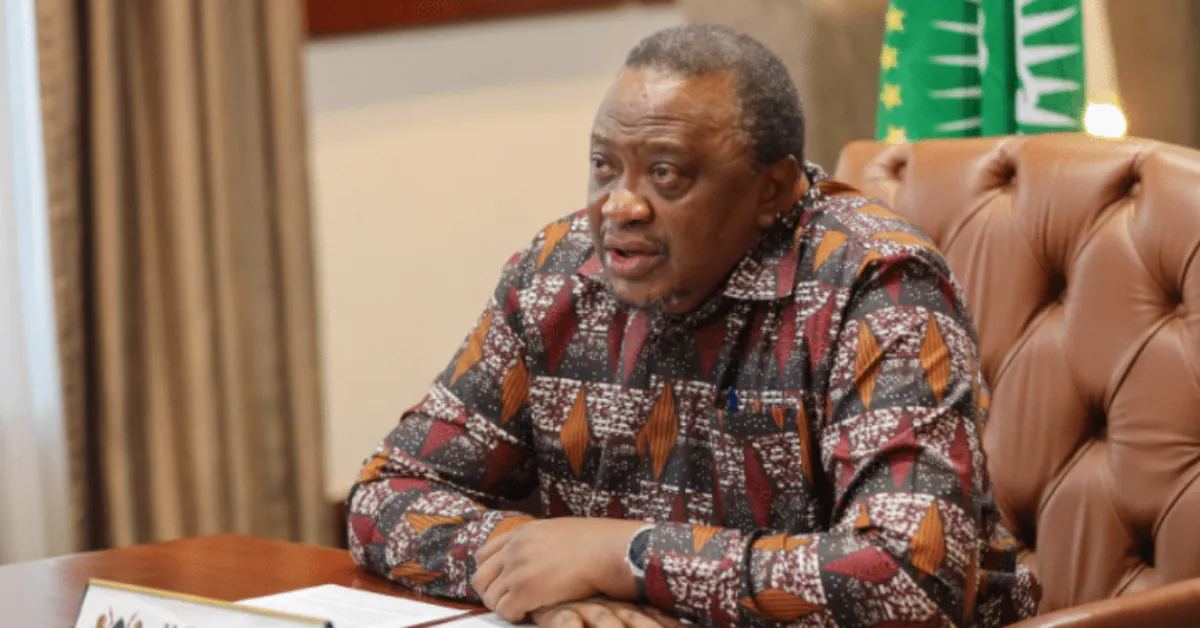
The Nairobi Peace Process, led by former President Uhuru Kenyatta, has faced significant setbacks following the recent political developments in the Democratic Republic of Congo (DRC) and the withdrawal of regional forces.
In a press statement released on Thursday, Kenyatta expresses deep concern over the worsening security situation in Eastern DRC, which has been exacerbated by the departure of the East African Community Regional Force (EACRF). Kenyatta notes that efforts to facilitate dialogue between DRC's leadership and the M23 rebel group have been severely impeded by the political turmoil accompanying the upcoming national elections scheduled for December 2023.
This political shift has contributed to a stalemate that ultimately led to the withdrawal of Kenyan troops from the EACRF, disrupting the peace process and resulting in a resurgence of violence in the region. Despite ongoing discussions between DRC's President Félix Tshisekedi and M23 leadership, the hostilities have escalated, with M23 regaining control of important towns, including the strategic city of Goma.
"The suspension disrupted the momentum of the peace process, leading to a breakdown in military cooperation and a resurgence of fighting in the region," Kenyatta stated.
Kenyatta has reiterated the importance of the Nairobi Peace Process in fostering dialogue and conflict resolution in Eastern DRC. He underscores the urgent need for renewed political will, regional collaboration, and sustained external support to prevent a further decline in security.
He further emphasizes the complementary roles of the Nairobi and Luanda processes, which share the potential to effectively address the crisis in Eastern DRC.
Recognizing their interdependence, he calls for coordinated efforts in bilateral negotiations between Rwanda and the DRC alongside the Intra-Congolese Dialogue. In concluding his remarks, Kenyatta advocates for an Indigenous resolution to the conflict, urging both the DRC and Rwanda to engage in negotiations that would address the internal complexities of Eastern DRC's political landscape. He also announces the submission of the Nairobi Process report to East African Community Heads ahead of a scheduled meeting with the Southern African Development Community (SADC) in Tanzania.
At least 773 individuals have lost their lives in Goma amid ongoing clashes with the Rwanda-backed M23 rebels. The fighting has intensified significantly, marking a serious escalation in a conflict that has persisted for over a decade. This provisional death toll is reported by Congolese authorities, with government spokesman Patrick Muyaya indicating that the number may rise further. He notes that the rebels have coerced the local population into cleaning the streets of Goma, potentially obscuring the presence of mass graves.
M23, recognized as the most formidable among over 100 armed groups operating in the mineral-rich eastern DRC, has obtained support from approximately 4,000 troops from neighbouring Rwanda, according to United Nations experts. The Congolese military has managed to reclaim some territory from the rebels, although it has suffered substantial losses, including hundreds of troops. Recent reports indicate that foreign mercenaries have surrendered to M23 following the fall of Goma.

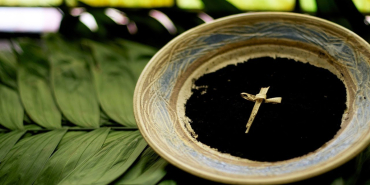
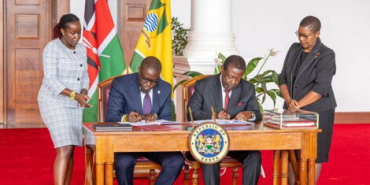
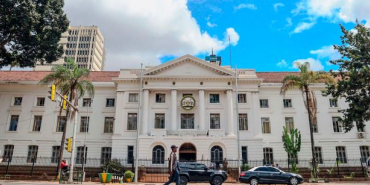
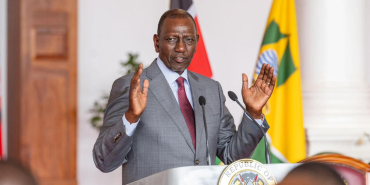
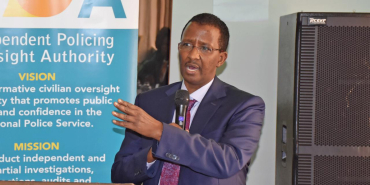
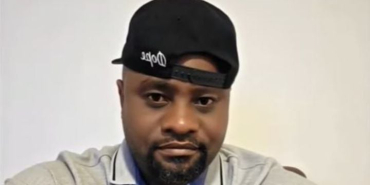
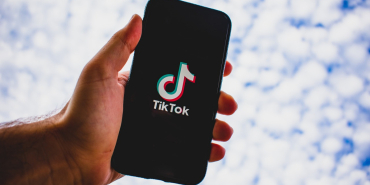



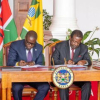
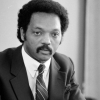
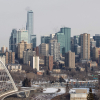
Add new comment